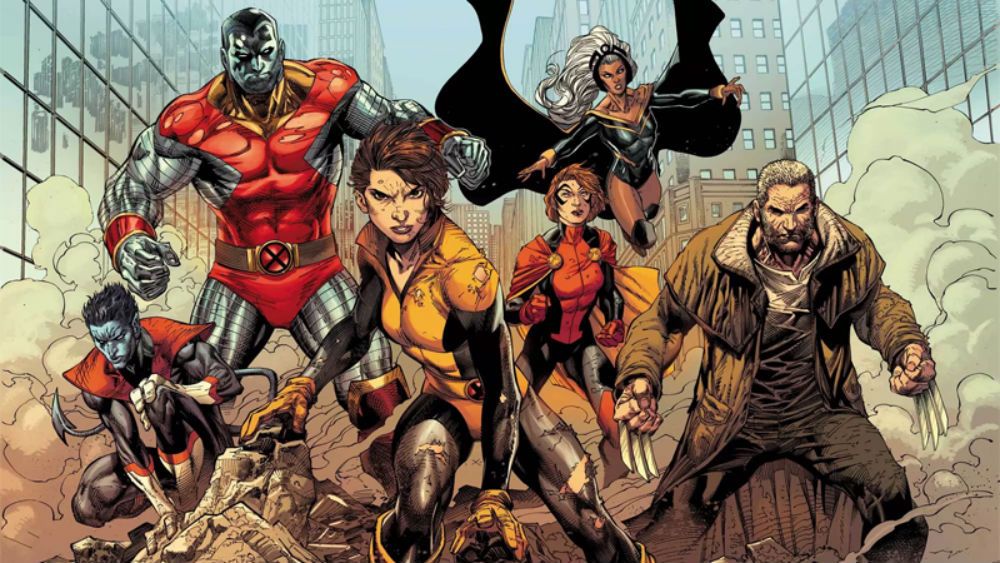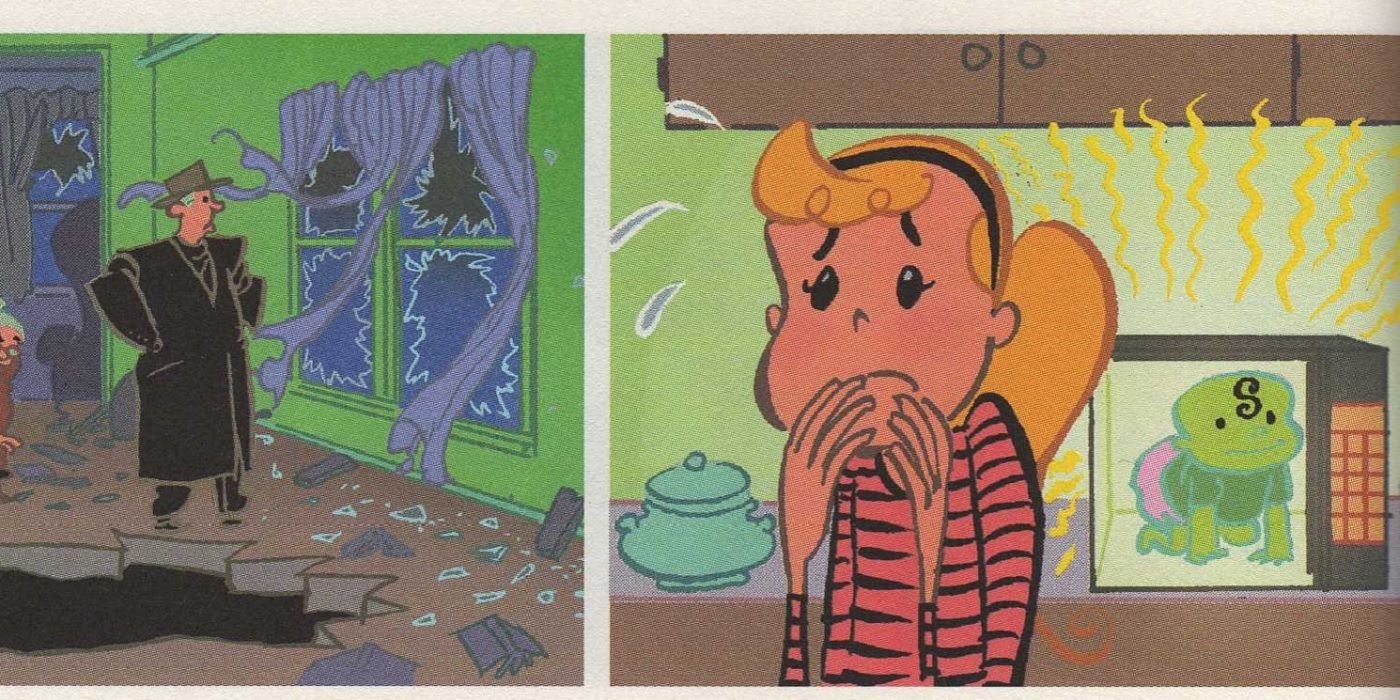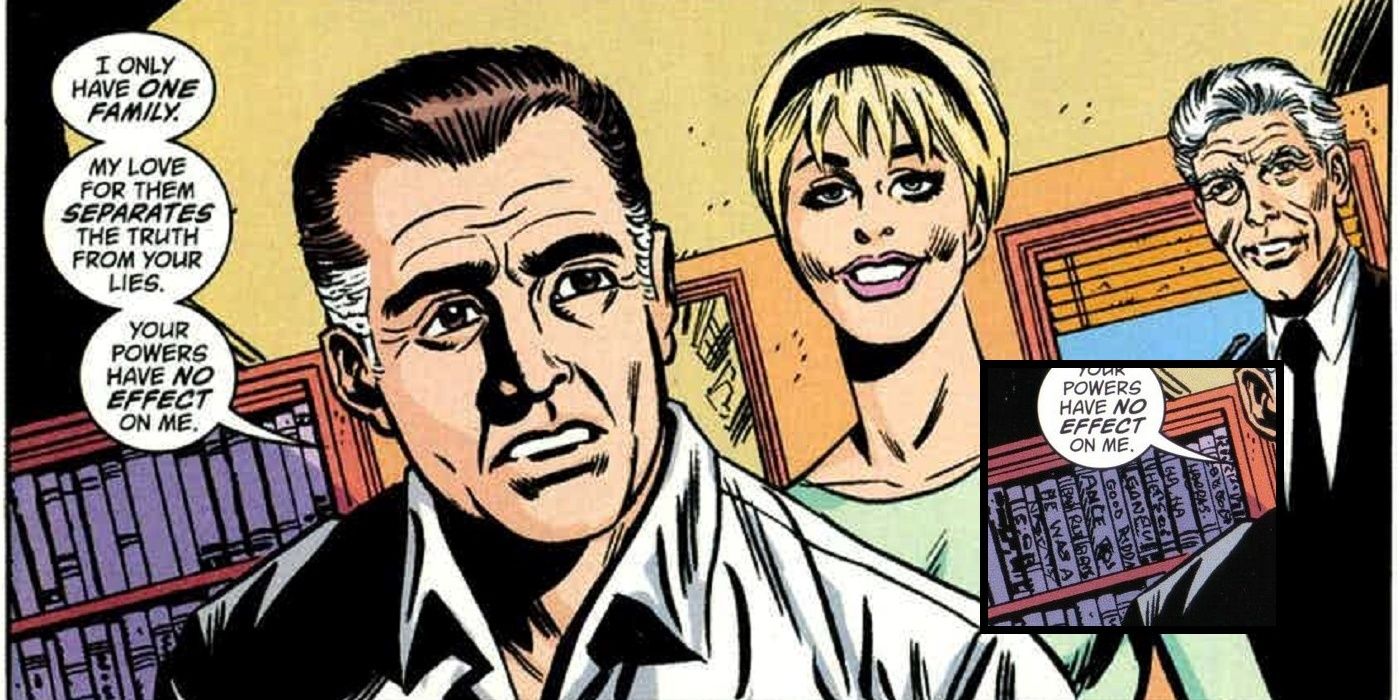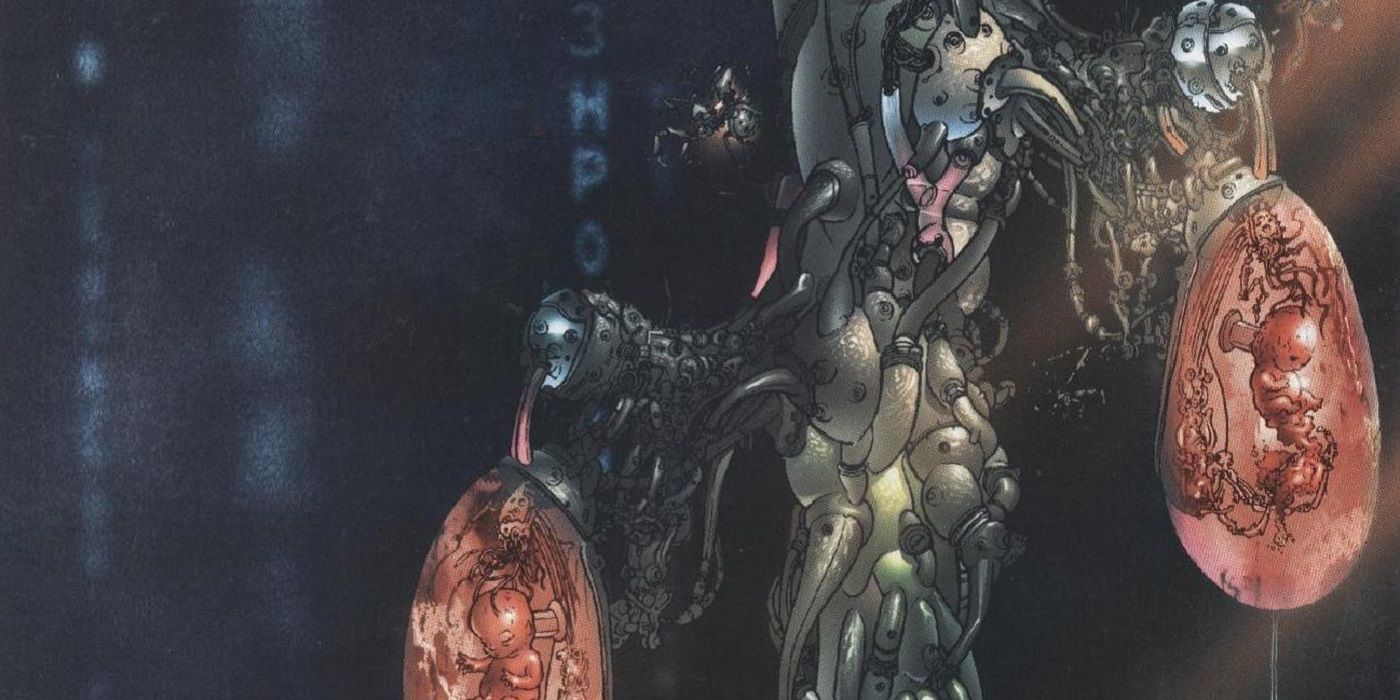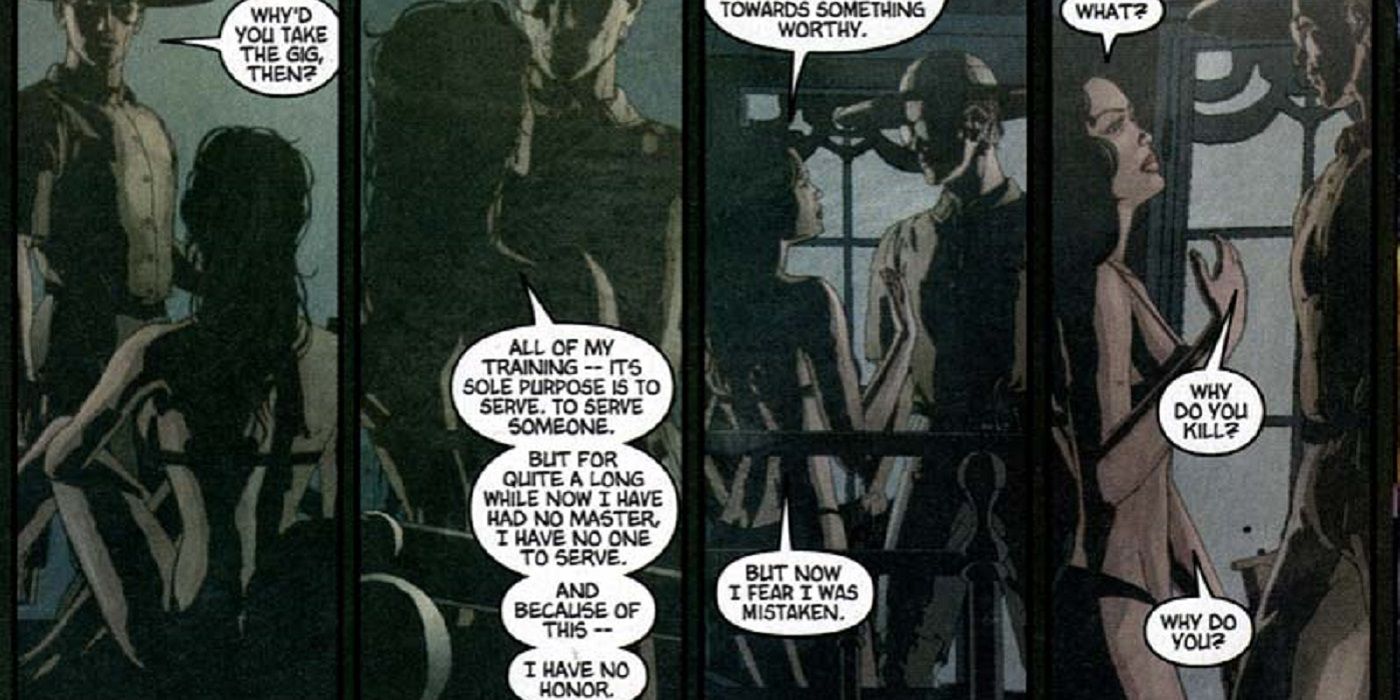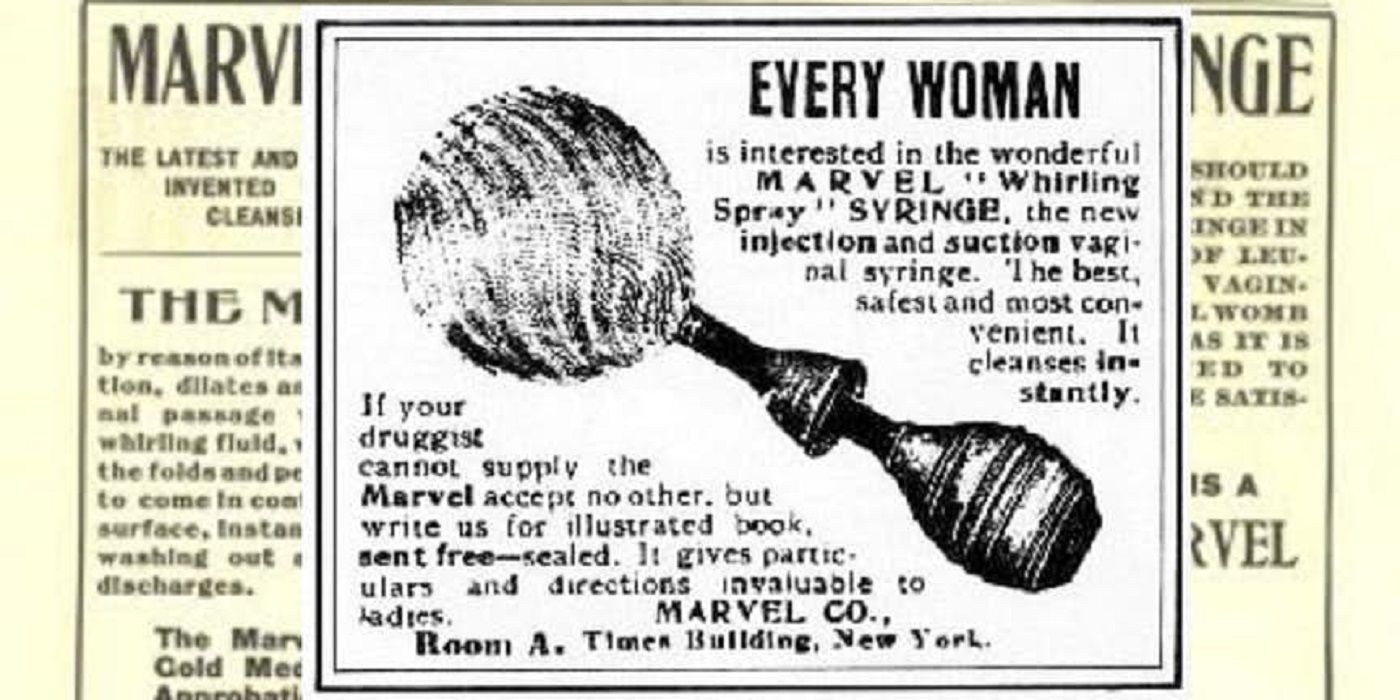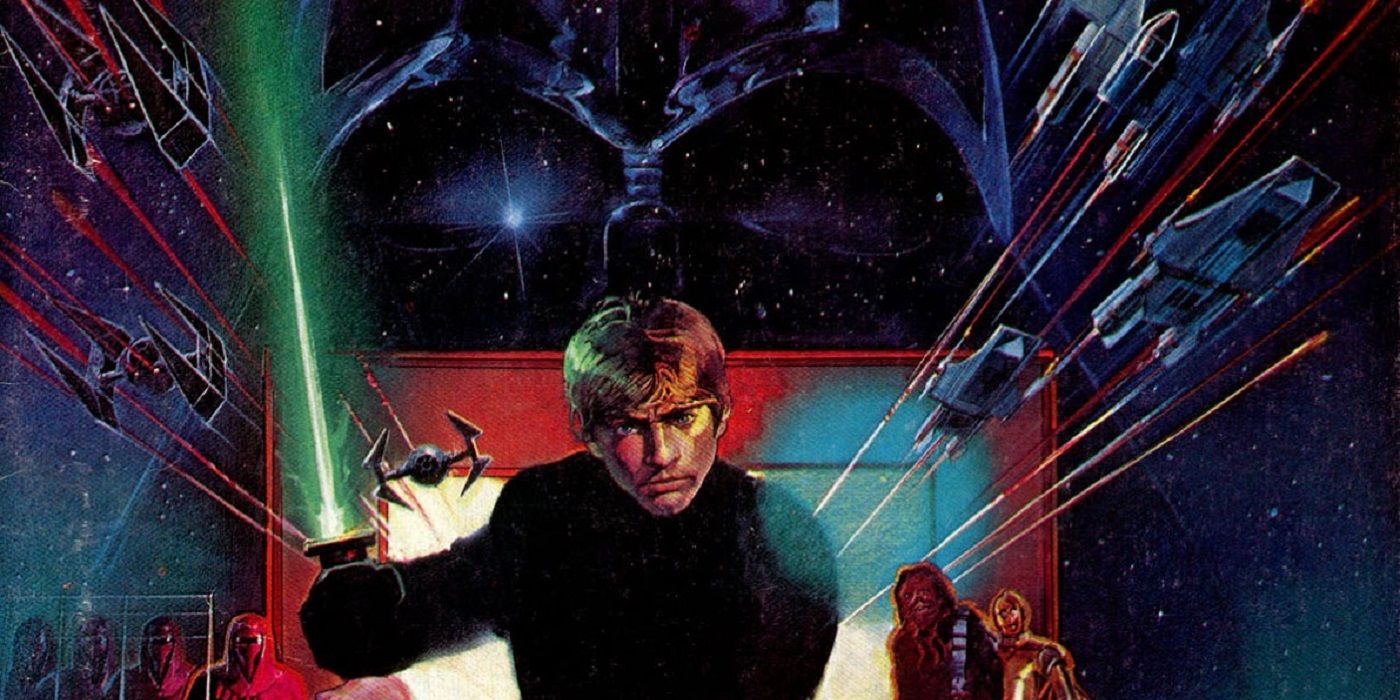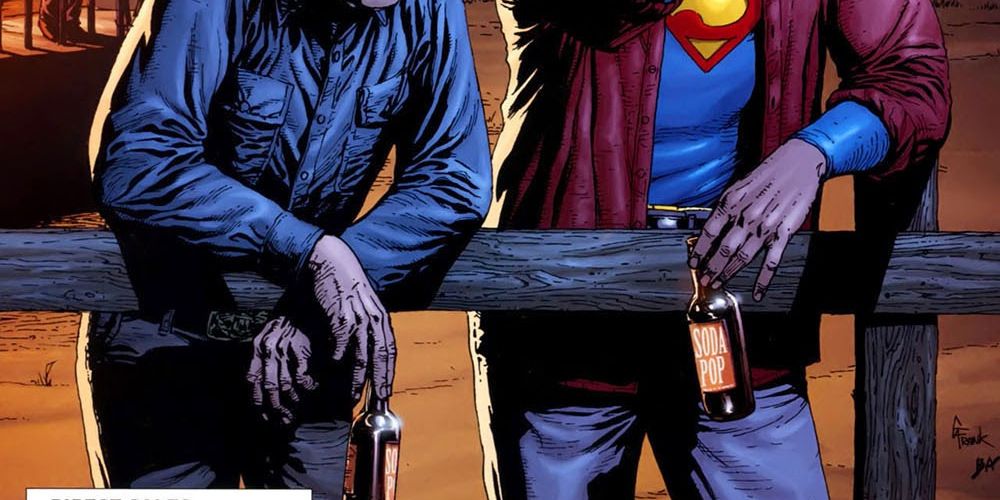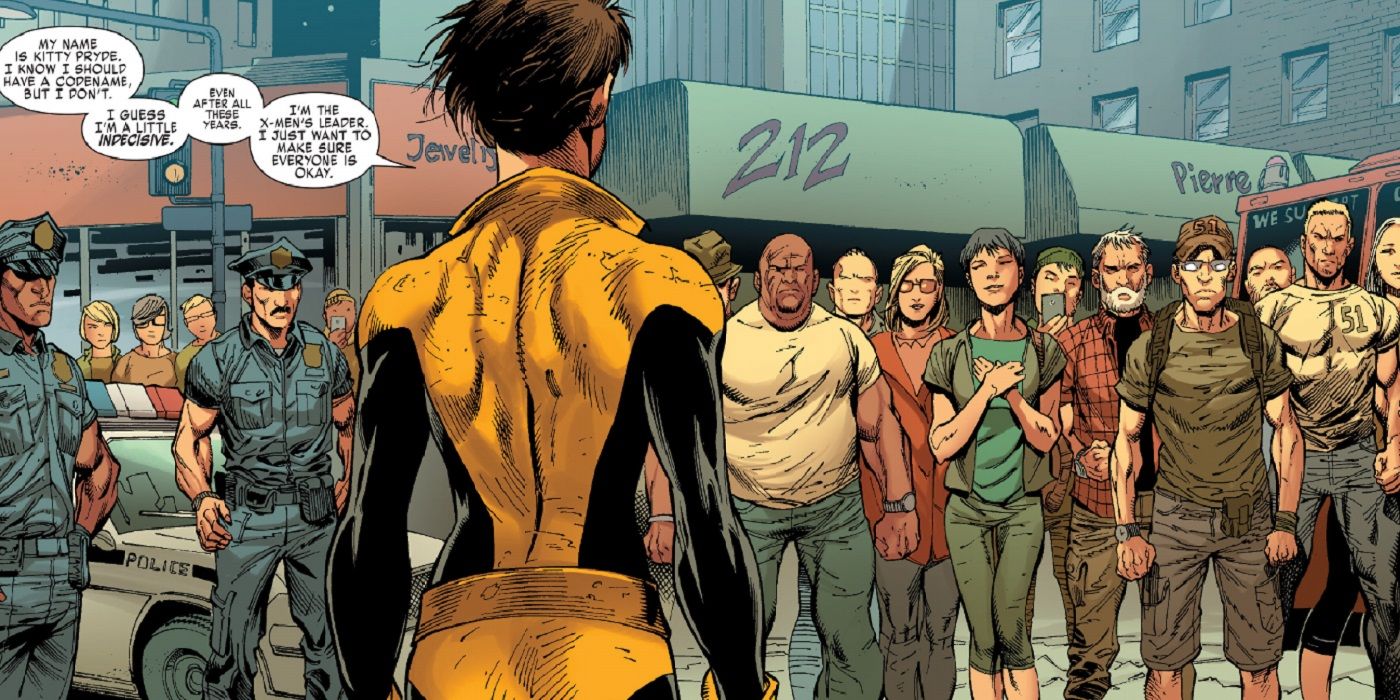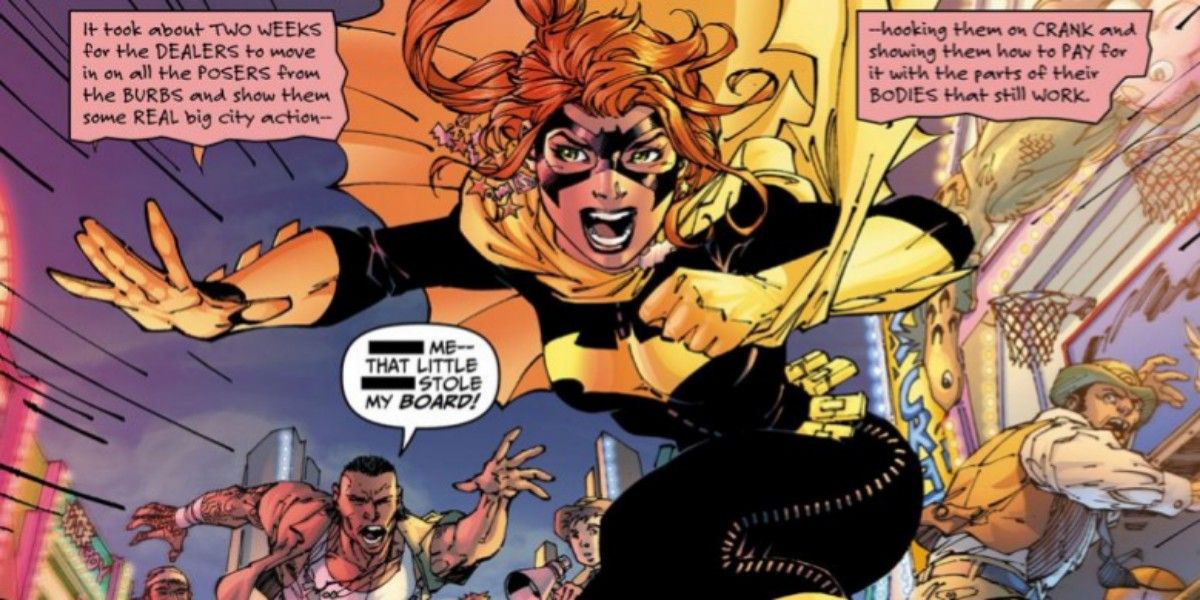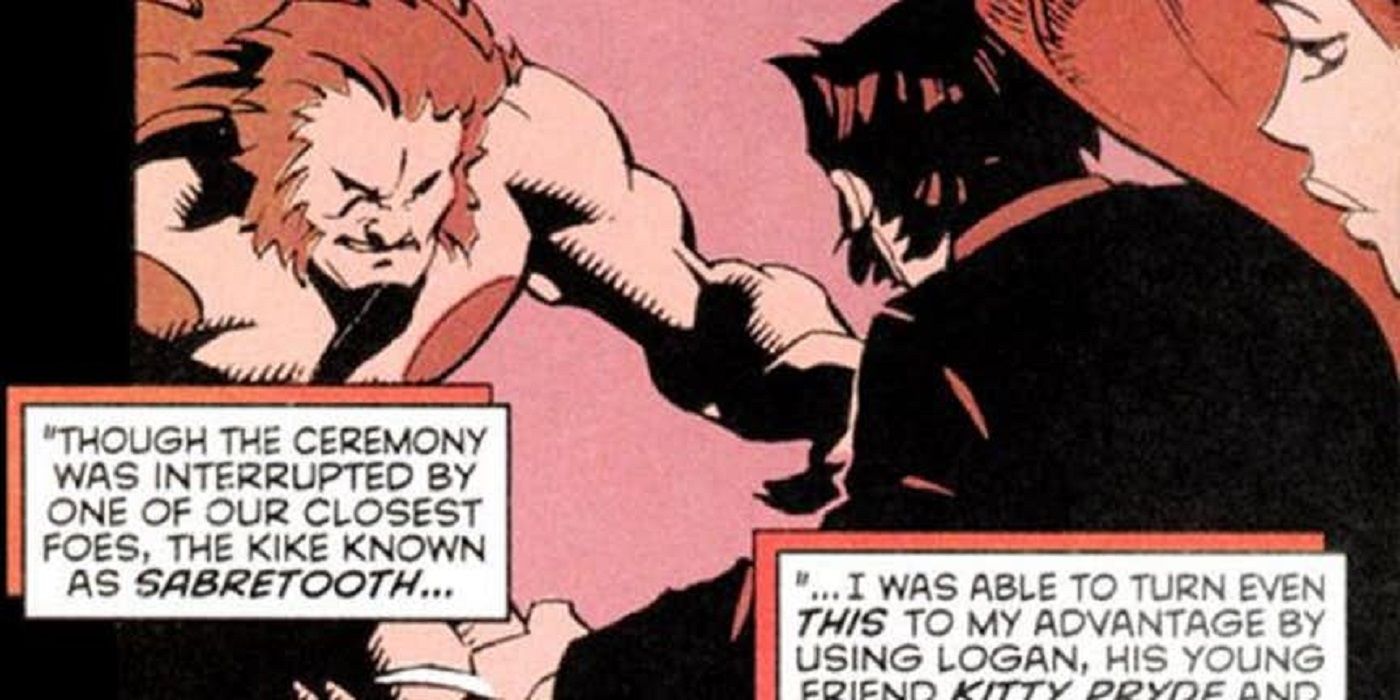Comic books have been around for so long that it’s easy to forget what a subversive medium they are. But don’t let the recent box office success by the likes of Marvel Studios fool you: comics may have finally entered the mainstream, but their underground roots mean they’ll always court controversy. Indeed, this probably explains why so many funnybooks have been yanked from circulation over the years.
Comics have been pulped post-publication for a variety of reasons. Sometimes, this happens because editorial gets cold feet over edgy content they previously gave the greenlight to. In other instances, publishers discover too late that a member of the creative team has slipped offensive material without their knowledge. Whatever the underlying rationale, nothing quite compares to the scandal of seeing a comic pulled from shelves – especially if you managed to nab a copy before they all disappeared!
10 Elseworlds 80-Page Giant
The Elseworlds imprint was responsible for many of DC Comics’ best yarns, as its continuity-free set-up afforded creators complete freedom to experiment with the company’s flagship characters. Or at least, near complete freedom as those involved with the Elseworlds 80-Page Giant found out. Why? Well, the blame rests with one tale: Letitia Lerner, Superman’s Babysitter.
A light-hearted effort by Kyle Baker and Liz Glass, Letitia Lerner depicts the infant Man of Steel in an active microwave. This might seem a bit intense, but the baby Superman isn’t in any danger and the gag is played for laughs. But DC President Paul Levitz wasn’t amused, fearing younger readers might try to replicate the gag with decidedly more deadly consequences. He ordered all copies sent to the shredder.
9 Universe X: Spidey #1
Like any workplace, the Marvel Comics bullpen is no stranger to staff in-fighting, and these feuds occasionally bubble over into the pages of the actual comics themselves. Typically, this manifests itself as thinly-veiled digs – a writer might name a new villainous character after a fellow creator they’re having a tiff with. You know, harmless stuff like that.
But inker Al Milgrom crossed the line when he inserted a direct attack at departing Marvel editor Bob Harras into Universe X: Spidey #1. The barely legible tirade sneakily incorporated into the background of a single panel was spotted by eagle-eyed readers. Milgrim was dismissed (but retained as a freelancer) and the existing print was pulled from spinner racks.
8 The Matrix: Comic Book Preview
The logic behind The Matrix: Comic Book Preview being recalled is almost as confusing as a conversation with the cyberpunk franchise’s over-eloquent antagonist, The Architect. Okay, maybe it’s not quite that bad – but pulping a comic book tie-in to an R-rated action/sci-fi flick because its content is too adult for juvenile readers is downright baffling.
Think about it: The Matrix: Comic Book preview was designed specifically for moviegoers who were either old enough to buy a ticket or attended a screening with a guardian. So surely whatever material was included within its pages was appropriate for anyone handed a free copy as they walked into the theater? Apparently not, since Warner Bros. scuttled the promotion just prior to the film’s release, dooming almost every giveaway copy to an industrial-sized dumpster somewhere.
7 Elektra (Vol. 2) #3
While comic book creators have a penchant for pushing the envelope, publishers tend to be far more risk averse. Elektra (Vol. 2) #3 is a prime example of this. Marvel demanded that retailers return all copies of the issue after deciding that, upon reflection, a scene of the titular assassin in the nude was a bit too raunchy for a mainstream superhero title.
To be honest, this really was an overreaction on the publisher’s part. For the entirety of the offending scene, Elektra is draped in shadows (and nothing else!) which largely obscures her naked figure. Nevertheless, Marvel wasn’t comfortable until it had re-released the issue with slightly altered art, with Elektra now sporting underwear just to be safe.
6 The League Of Extraordinary Gentlemen (Vol. 1) #5
The League of Extraordinary Gentlemen is famous for just how many Easter eggs Alan Moore and Kevin O’Neill manage to cram into every page. Among the plethora of literary references and clever sight gags in each volume of the series are humorous vintage advertisements, both real and fictitious.
Unfortunately, one of these adverts landed Moore and O’Neill in hot water: a promo for a woman’s hygiene product, the Marvel Whirling Spray Syringe. Amazingly, this wasn’t one of the fake ads. But DC Comics President Paul Levitz (him again!), worried that Marvel Comics would perceive the ad as an intentional insult, had all copies of Issue #5 destroyed before issuing a revision. Moore was allegedly furious, although he would later poke fun at the drama in an issue of Top 10.
5 Star Wars: Return Of The Jedi
To date, every Star Wars installment has been adapted in comic books to coincide with each movie's release. But as we’ve previously reported, “Super Special” magazine edition of Return of the Jedi leaked weeks ahead of the movie – spoiling the climax to the original Star Wars trilogy!
Franchise mastermind George Lucas was irate, immediately demanding that Marvel Comics track down the adaptation's copies. The mortified publisher complied, but by then the damage was done: the New York Post had already run a lengthy feature that gave away Return of the Jedi’s entire plot.
4 Action Comics #869
Most people would agree that there’s no real harm in a father and his adult son enjoying a beer while they shoot the breeze of an evening, but those people obviously don’t call the shots at DC. Otherwise, Action Comics #869 – which portrays Clark Kent (his Superman costume visible beneath his unbuttoned shirt) sharing a beer with his Pa on the cover – would never have been recalled.
Overlooking the fact that the pair appear to be drinking responsibly, DC trashed the original run to avoid linking its flagship superhero to alcohol. When the issue was released, Gary Frank’s cover art had been (crudely) tweaked so that the Kent boys were now holding bottles of soda – an immaterial yet arguably pointless change.
3 X-Men: Gold #1
The X-Men franchise is built upon themes of acceptance and diversity, so Marvel Comics is always going to take a dim view of any creator whose conduct violates these concepts. Take X-Men: Gold #1; here, artist Ardian Syaf peppered his artwork with references to Indonesian politics that resulted in him being fired from the series and Marvel recalling the affected print run.
What was so bad about these unauthorized additions to X-Men: Gold #1? Well, one of the most prominent nods to the political turmoil in Syaf’s hometown of Jakarta was a nod to a verse in the Qur’an that isn’t exactly flattering towards Christians or Jews. Confronted with this knowledge by outraged readers, Marvel could hardly continue to employ Syaf on its most pro-inclusivity title, nor leave the issue itself in circulation.
2 All Star Batman And Robin, The Boy Wonder #10
Although All Star Batman and Robin, the Boy Wonder was aimed at mature readers, this polarizing Frank Miller/Jim Lee series was still subjected to censorship by DC editorial. Specifically, the powers that be mandated that the profanity in All Star Batman and Robin #10 be redacted with black bars, which were overlaid on top of the actual curse words.
The only problem? The black bars reproduced slightly lighter than the text underneath them when printed, leaving each and every F-bomb clear as day. Embarrassed, the publisher quickly arranged for the issues to be pulped. Meanwhile, Miller (a noted maverick) appeared to find the whole debacle highly amusing.
1 Wolverine #131
Wolverine #131 serves as a stark reminder of the devastating impact a simple typo can have. Misreading a handwritten amendment to Brian K. Vaughan’s script by editor Mark Powers, a letterer at Comicraft made it so that supervillain Viper referred to fellow baddie Sabretooth by an anti-Semitic slur.
Unlike the case of X-Men: Gold #1, this was an innocent mistake – Sabretooth isn’t even Jewish, so the slur doesn’t even make sense within the context it appears in. Yet while nobody at either Marvel or Comicraft lost their job over the error (to our knowledge, at least!), it still led to a lot of comics being destroyed.

